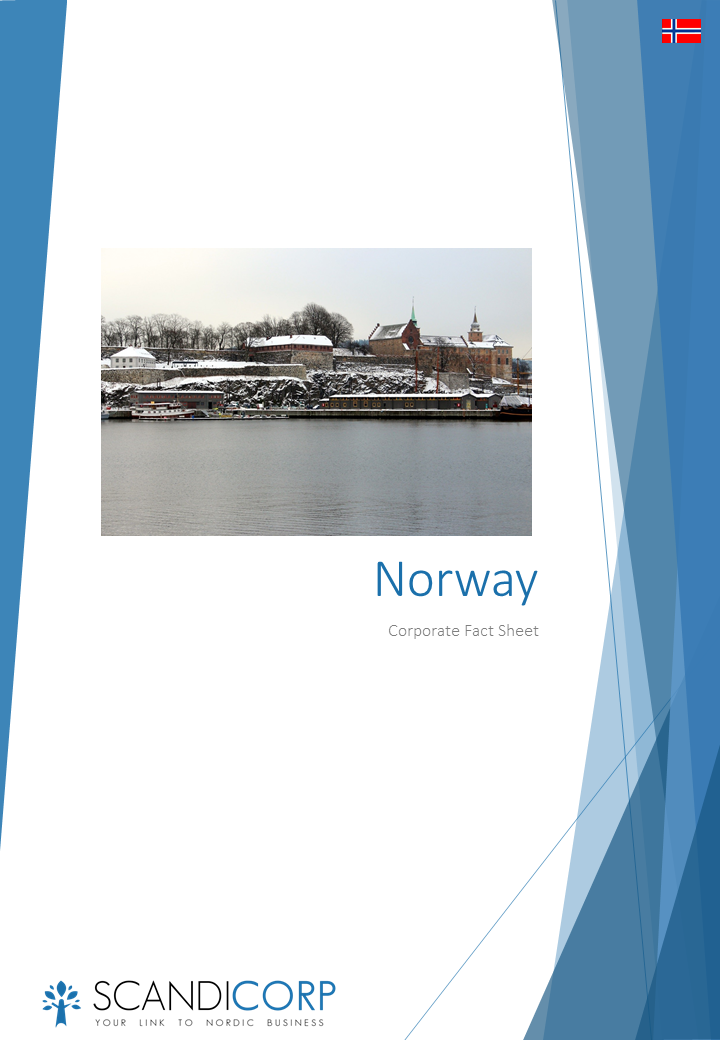Stockholm was ranked third best followed by Helsinki as fourth best among 35 European cities for startups in a recent survey. The index released was created by UK-based innovation charity Nesta as part of the European Digital Forum. It rates cities by how well they create a supportive environment for digital companies, from local business regulations to available financing to the skill level of the workforce. London and Amsterdam scored first and second while Copenhagen ranked fifth followed by Paris, Berlin and Dublin.
As expected, Stockholm features quite highly on the list, ranking second for scale-ups and third for startups. The Swedish capital has produced several of Europe’s biggest digital companies such as Spotify, King (creators of Candy Crush) and Mojang (creators of Minecraft). Moreover, it is the European city leader on many measures of digital infrastructure: it has the highest penetration of residential broadband, the highest percentage of fibre broadband connection in Europe and reports a greater proportion of ICT-specialist users in the total economy than any other country in the OECD. The population also have strong English language skills. The government, too, is highly supportive of entrepreneurship: it is a relatively easy place in which to do business, and public funding may be available via VINNOVA, Sweden’s innovation agency. The city is also home to top ranking universities, such as the Karolinska Institute, as well as telecoms giant Ericsson, which promotes strong knowledge spillovers.
Helsinki scores highly on nearly every dimension in the Index except cost of living, catapulting it to fourth position overall. Helsinki was also a ‘front runner’ in Nesta’s own CITIE report, due to its benign innovation policy environment. It is a well-connected city (Finland itself topped the World Economic Forum’s 2014 Network Readiness Index) which also scores highly for entrepreneurial culture, skills and early-stage support. The presence of electronics giant Nokia exerted significant influence for many years and helped in establishing a strong ICT and software talent pool in the region – this is evident in the skills score. Industry-defining technologies such as SSH, Linux and MySQL have been developed in Helsinki. Aalto University and the state-run VTT – two large, multidisciplinary research institutions – both play important roles in connecting this deep technical base with design and business skills. Today, Helsinki region is a home for over 500 tech startups and numerous incubators and accelerator programs.






